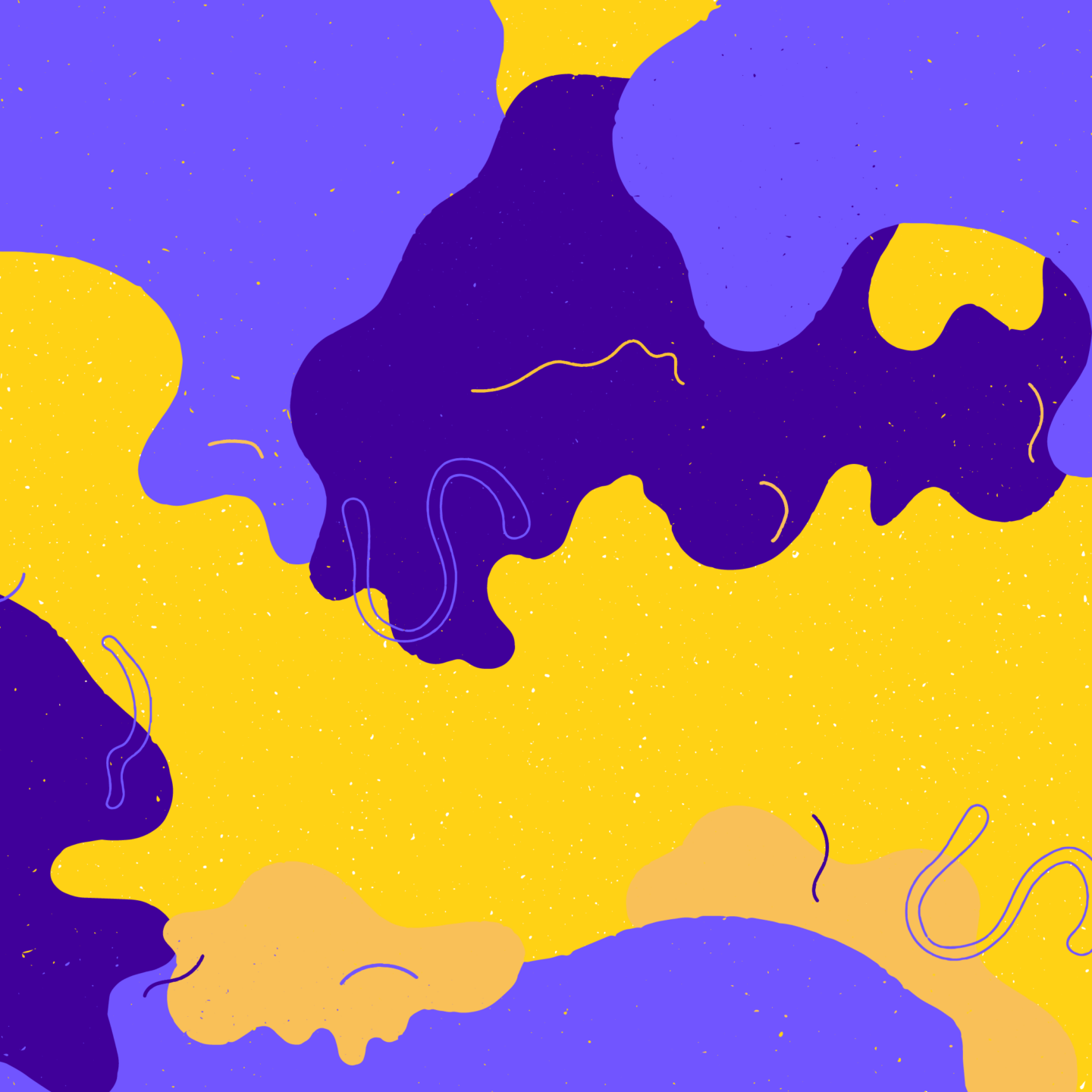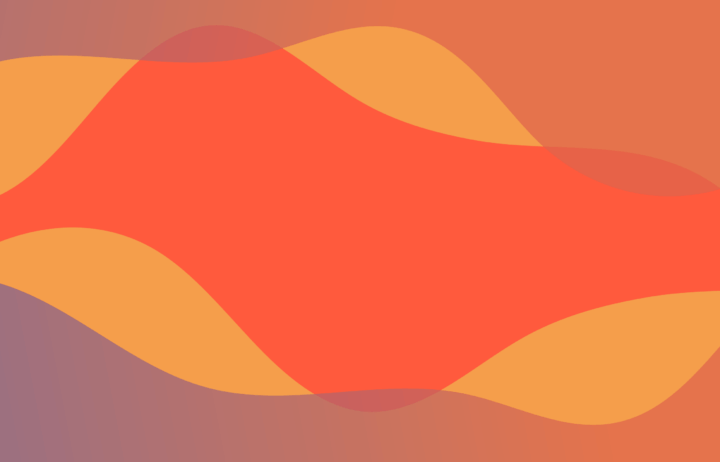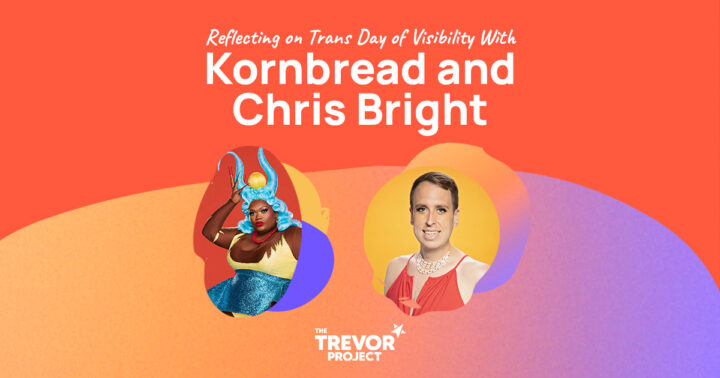As we celebrate Disability Pride Month, I reflect on my personal journey and the disabilities I have faced. From a young age, I have grappled with bipolar disorder and am in recovery from acute post-traumatic stress disorder. These disabilities have presented continuous challenges in my life, whether it be the struggle to validate my experiences to my parents, seeking affordable and LGBTQ+-friendly therapy and psychiatric care, or simply finding the strength to face each day.
It is important to acknowledge the lingering shame I sometimes feel regarding these labels. I question whether they truly define me or if my struggles are valid at all. This internalized ableism is a common experience among LGBTQ+ young people with disabilities and individuals with disabilities in general, the result of stigma.
However, the reality is that these struggles are genuine. Bipolar makes it more challenging to care for myself, maintain an active social life, and excel in my professional endeavors. I consider myself fortunate that my work involves introspection and storytelling, as writing about my disabilities has provided solace and served as a platform for empowerment. I am grateful to have health insurance and a trusted therapist who supports my journey. My parents have come to understand and accept me, and I am blessed with friends who share similar experiences or offer unwavering support when I need it most.
But I recognize that many individuals with disabilities, particularly LGBTQ+ young people with disabilities, are still searching for understanding, connection, and compassionate care. It is disheartening to acknowledge that despite an estimated 3 to 5 million LGBTQ+ individuals in the United States living with disabilities, many of them are treated as children, their other identities not taken seriously, or worse, exposed to increased risks during the COVID-19 pandemic.
The intersectionality of these identities brings forth unique challenges that demand our attention and action. People with disabilities deserve recognition, a voice, and respect in every aspect of their lives, including their sexual orientation and gender identity. LGBTQ+ young people with disabilities should have access to spaces that embrace and celebrate their multifaceted identities, providing them with support, resources, and a genuine sense of belonging.
It is our responsibility to build inclusive communities and organizations that prioritize both physical and social accessibility. This calls for advocacy in favor of equal rights, the challenge of ableism and homophobia, and the promotion of policies that safeguard and uplift individuals with disabilities. We must amplify the voices and experiences of LGBTQ+ young people with disabilities, ensuring that their stories are heard and their needs are met.
As an organization dedicated to providing support and resources for LGBTQ+ young people, The Trevor Project wholeheartedly celebrates Disability Pride Month. We recognize the importance of embracing and honoring the diverse experiences and identities within our community, including those with disabilities. Disability Pride Month serves as a powerful reminder that disability is not a limitation but rather a source of strength, resilience, and unique perspectives. Let us use this month as a platform to amplify the voices and experiences of disabled LGBTQ+ young people and continue our collective efforts in creating a world that embraces and celebrates the intersectionality of identities.
My personal journey with disabilities has been filled with ups and downs, moments of self-doubt, and moments of self-empowerment. I am grateful for the support I have received along the way. However, I remain acutely aware of the ongoing struggles faced by numerous LGBTQ+ individuals with disabilities, and I am dedicated to being an ally and advocate for their rights and overall well-being. Together, we can strive towards creating a more inclusive and compassionate world where every individual is valued, celebrated, and provided with the opportunities they deserve.
Sue Cardenas-Soto is a Copywriter at The Trevor Project, the leading suicide prevention and mental health organization for lesbian, gay, bisexual, transgender, queer & questioning (LGBTQ+) young people. If you or someone you know is feeling hopeless or suicidal, our trained crisis counselors are available 24/7 at 1-866-488-7386 via chat www.TheTrevorProject.org/Get-Help, or by texting START to 678-678.


